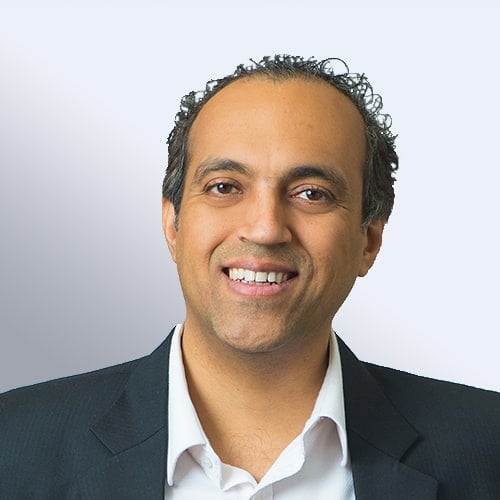
With the announcement by Barack Obama that Osama bin Laden has been killed after a nearly 10-year hunt, the world seems to be on the path towards being a bit safer.
Hopefully that is what will happen.
Unfortunately, that may not be the implication — and, in particular, it may validate the lack of trust between India and Pakistan. The world will be watching carefully in the coming days to learn Pakistan’s true role in helping track-down bin Laden; who owned the compound in which bin Laden was staying; and the tone of the reactions of the governments and citizens of Pakistan, India, the United States, and other countries.
Having stayed at the Trident hotel in Mumbai just three days ago (one of the sites of the November 26, 2008 terror attack by a Pakistan-trained terror group against India), I can’t help but see this development as shining a bright light on Pakistan’s role in fighting terror.
Will Pakistan be seen as demonstrating courage and collaboration in fighting global terror or as a reluctant and superficial supporter?
Depending upon the answer to that question, the relationship between Pakistan and India may modestly advance one small step towards building trust — or the suspicion and divisiveness may further deepen. And the trend in the relationship between these two important South Asian countries can have big implications in the longer term for the global services market. Let’s hope it is a positive development.
Global services supporting information technology, finance, engineering, and other business processes has a very positive impact on the citizens of a country and helps form increasingly dependent bonds between countries. Unlike manufacturing-oriented trade, where countries simply just buy and sell to each other, in global services the citizens of countries actually work together — they must overcome differences and miscommunications, but they achieve goals together and develop a deeper understanding of the nuances of each other’s mindsets. And, in turn, understanding of others exposes the emptiness of hate and ridicule for other societies.
Across the global services sector, only about four million direct offshore jobs have been created thus far. Despite the significant apprehension about the impact on jobs around the world, this is still a fairly small amount, although it has helped accelerate economic and human capital development in many countries — India, the Philippines, and about 20 other destinations.
With a population of approximately 170 million (sixth largest country in the world) and many of the same legacy talent benefits as India (English language skills and quality education systems for some of its citizens), Pakistan certainly has the theoretical possibility to play a bigger role in global services. If Pakistan can be seen as helping fight global terror, many benefits can start to accrue through an improving relationship with India. These benefits would help both Pakistan and India address global concerns about regional security while also helping provide more opportunities for their citizens and also strengthening their economies.
I suspect most of you just laughed and thought I am being far too optimistic (and certainly naïve about the true motivations of South Asian politicians and military leaders). I politely suggest you might be overlooking what is already happening. First, remember that global sourcing is all about capturing a new profile of benefits in exchange for successfully managing a different profile or risks. Some will seek risk and carefully manage them to capture the benefits, while others will watch and follow. Those organizations which got things started in India 20-25 years ago were seen by others as taking too much risk.
Second, although most would not list Pakistan as a global services destination, it does host a limited number of service delivery centers supporting end users in North America and Europe. In the past 18 months, we have served two clients whom already had service delivery from Pakistan and are very happy with the level of talent available — but are naturally concerned about the risk profile.
Will more organizations set-up shop in Pakistan? Possibly, but not in significant numbers anytime soon. Might this be slightly accelerated if Pakistan begins to take fighting terrorism more seriously? Hopefully.










